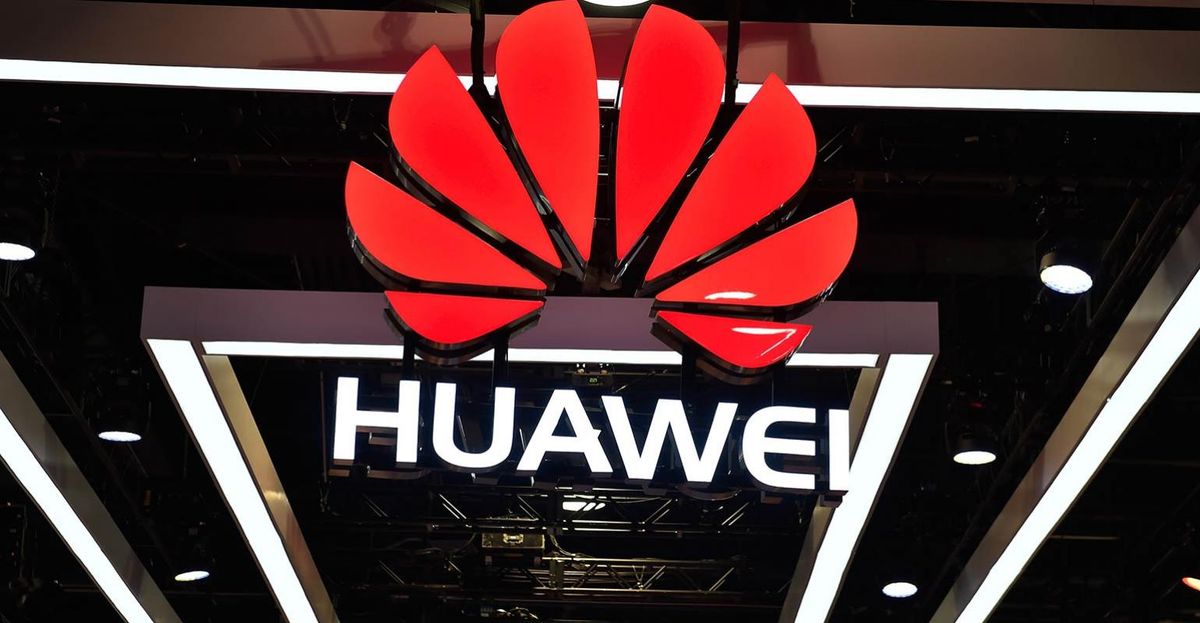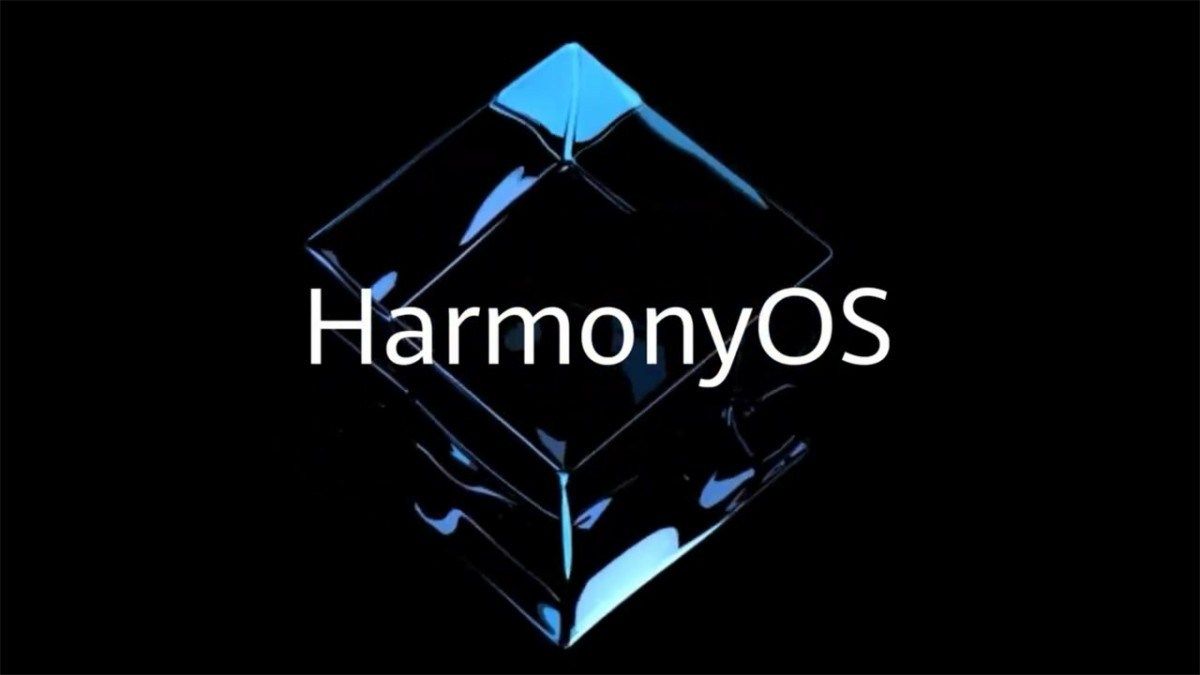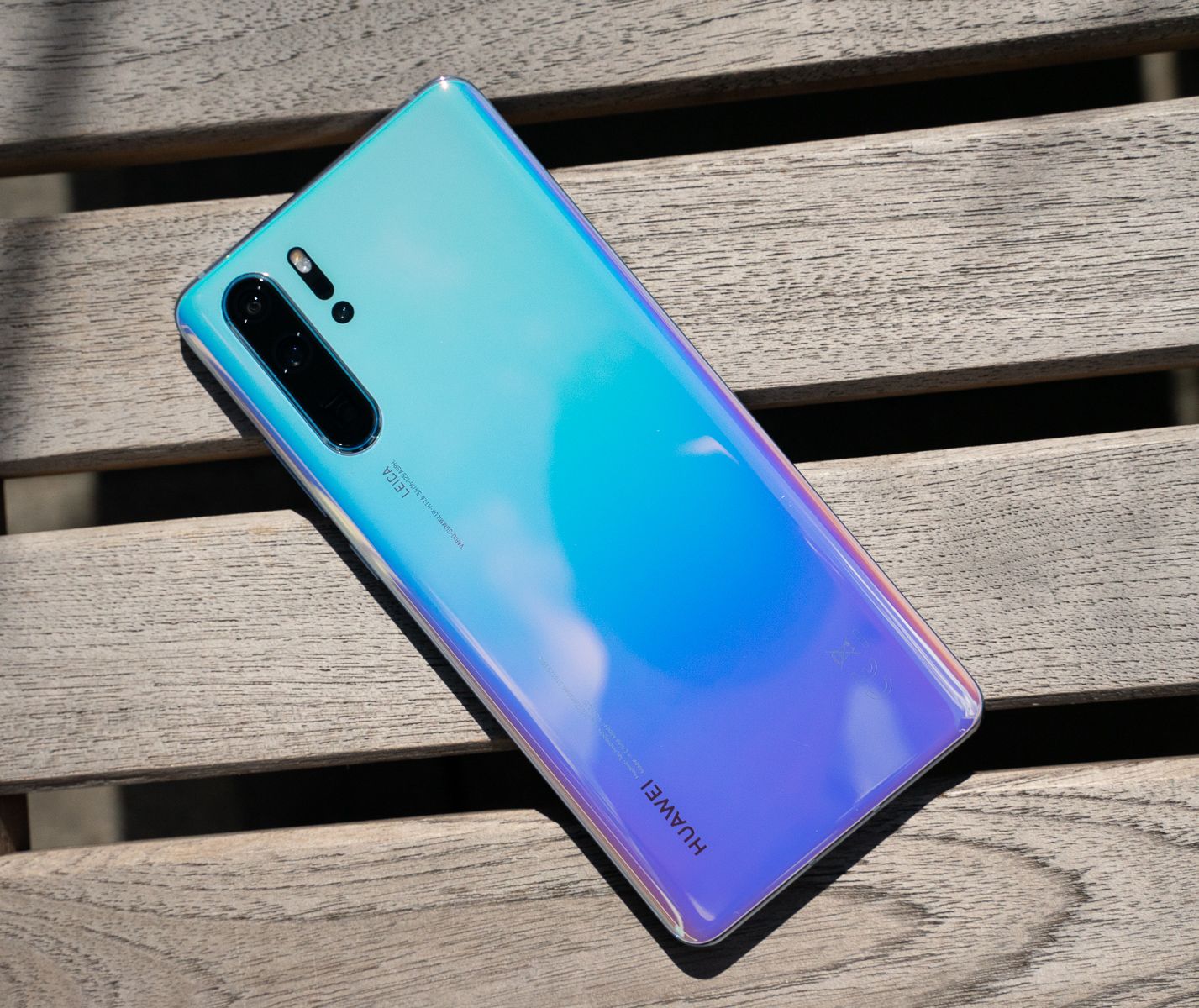Huawei's Harmony OS: A Third Contender or Pure Hype?
Huawei's "Plan B" is a true third contender, if they keep their word.

Huawei Harmony OS—One Operating System to rule them all
At the recently concluded Huawei Developer Conference (HDC) 2019, Huawei announced Hong Meng OS (or Harmony as it would be known in international circles). Harmony is their distributed operating system designed to provide a buffer against the impending doom of US–China trade wars. It can be used across a range of devices—mobile phones, personal computers, tablets, watches, cars and television sets.
Although, Huawei’s OS plans to support more devices than its American counterparts, this is not the first time we will hear of an ambitious cross-compatible operating system. Take for instance, Google's Fuchsia.
Similarly, Huawei is not the first smartphone manufacturer to take a shot at developing a rival mobile operating system (Hello, Samsung), they are just the ones with the most-at-stake. Huawei stands to lose its smartphone market dominance if Harmoney fails because the current trade debacle between the US and China could easily turn Huawei's "Plan B" into its only plan.

People never know what they are capable of until all other options run out
Huawei is the third largest smartphone vendor with an R&D budget of over $15 billion, if any company would stand a chance of rivalling the two incumbents—Google and Apple, it should be them.
Apparently, Huawei has been working on Harmony OS for a decade, so clearly this isn't some half-assed attempt at a rival operating system. It's Huawei taking a chance at "building the future".

Over the years, Huawei has grown to be a fan-favorite in China and recent iterations of its smartphones are clear signs of technological advancements and that its massive R&D budget is being effectively utilized.
A recent article from China stated that popular smartphone manufacturers like Xiaomi, Oppo and Vivo were already testing Harmony OS.
This is testament to the considerable amount of influence they hold in China and shows that they stand a better chance at convincing other Chinese OEMs to get on board this ambitious plan. The US-China trade war isn't just a Huawei problem, the rest of the manufacturers will be caught in the fray, if it all goes south. Asian OEMs make a huge chunk of the smartphone market in the "Rest of the World" where mid to low range phones are the go-to for consumers.
In an ever-growing connected world, Huawei offers the next best thing with Harmony with its seamless experience across various devices. Unlike Google's Android, Huawei is trying to build an ecosystem of devices based on the same operating system microkernel. This seamless experience doesn't stop at just its devices, they plan to release its accompanying Ark compiler that allows developers to create an application once that can be deployed on all supported devices/platforms.
As a developer or enterprise, imagine not having to develop a new application each time you plan to support a new device: that means not making users wait months for a watch app after the release of a mobile application. This powerful IDE and the open-source nature of Harmony OS would make it irresistible to developers and increase its chances of adoption.
Huawei's "Plan B" is a true third contender, if they keep their word. In the meantime, they will continue to support Google's Android "for the consideration of a better ecosystem". Nonetheless, one can't help but wait for the release of a mobile OS contender.







Comments ()